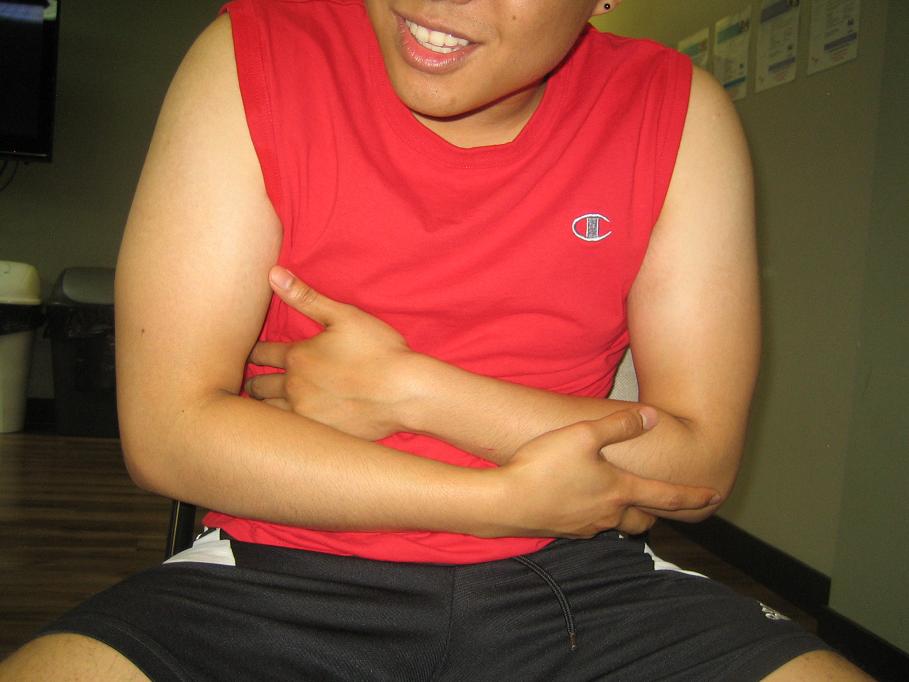Gastroenteritis involves inflammation of the GI tract that leads to diarrhea, vomiting or both and oftentimes teamed with fever or abdominal cramping. The condition is usually triggered by a bacterial, viral or parasitic infection.
The condition is also called as the “stomach flu” which is a common digestive condition that affects children. In severe cases, it can cause dehydration and imbalance in the blood chemicals due to the loss of body fluids through vomit and stool.
In some developing countries where children are at higher risk, millions die from diarrhea due to gastroenteritis. As for developed countries where children are properly nourished and have easy access to superior medical care, gastroenteritis can cause discomfort but does not last long and rarely cause serious complications.
Possible causes
Certain viruses are the usual cause of gastroenteritis. Children acquire viral gastroenteritis from other children who are infected or who have been exposed to it.
It is important to note that viral gastroenteritis essentially spreads from hand to mouth but also via sneezing and spitting. It spreads quickly due to how children play such as placing hands and fingers in or near the mouth and touching toys and others.
Symptoms

The symptoms can be a combination of diarrhea, vomiting, fever, abdominal cramping and poor appetite. In most instances, vomiting is evident early in the disease especially when the cause is viral.
Diarrhea becomes prominent later but some children can experience both at the same time. When it comes to viral gastroenteritis, watery diarrhea is the main symptom. The stool can be streaked with blood if bacteria is the cause. These symptoms eventually diminish among children who are given fluids to drink.
It is important to note that the usual complication of severe gastroenteritis is dehydration which occurs once fluid is lost via stool and vomit. Children who are minimal dehydrated are thirsty but a serious case can become listless, sluggish or irritable.
The doctor will base the diagnosis of gastroenteritis on the symptoms of the child and the response of the parents to the questions on what the child was exposed to. The diagnostic tests are not required since most forms of the condition only last for a short time. Nevertheless, laboratory testing can help pinpoint the exact cause of the condition and identify any imbalance in the blood chemicals.
Preventive measures
The ideal way to prevent gastroenteritis is to encourage children to wash hands and instruct them to avoid poorly stored foods. The general guideline is to store cold foods cold while hot foods hot. Food that has been served should be eaten within an hour.
Parents can prevent dehydration by encouraging the child to drink more fluids even in small frequent amounts. Babies and children with weakened immune systems must not be exposed to birds, reptiles or amphibians.

